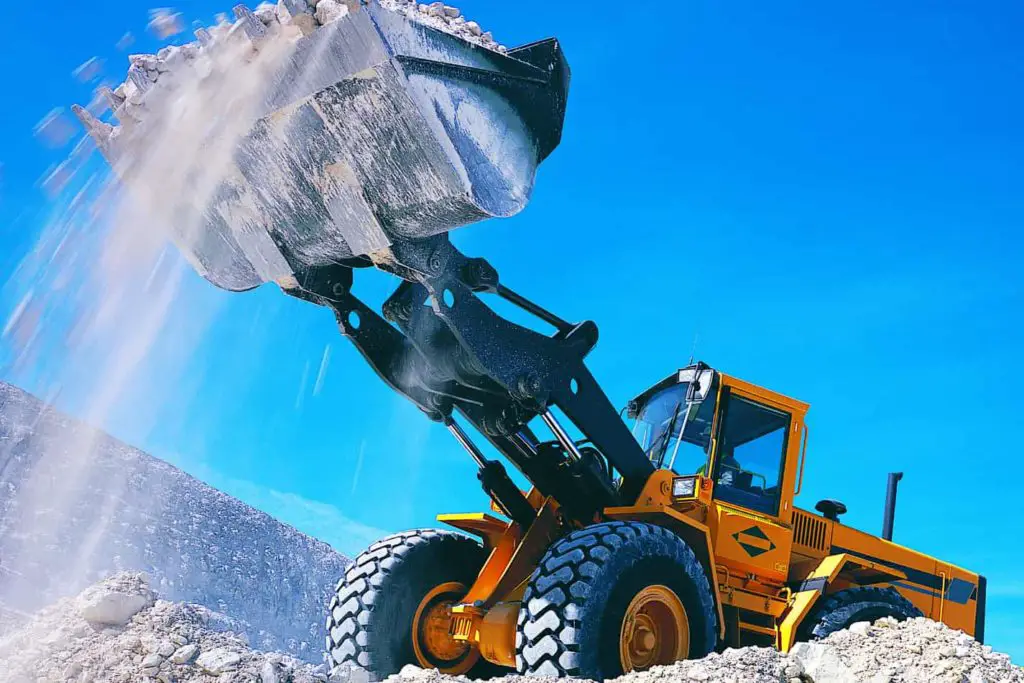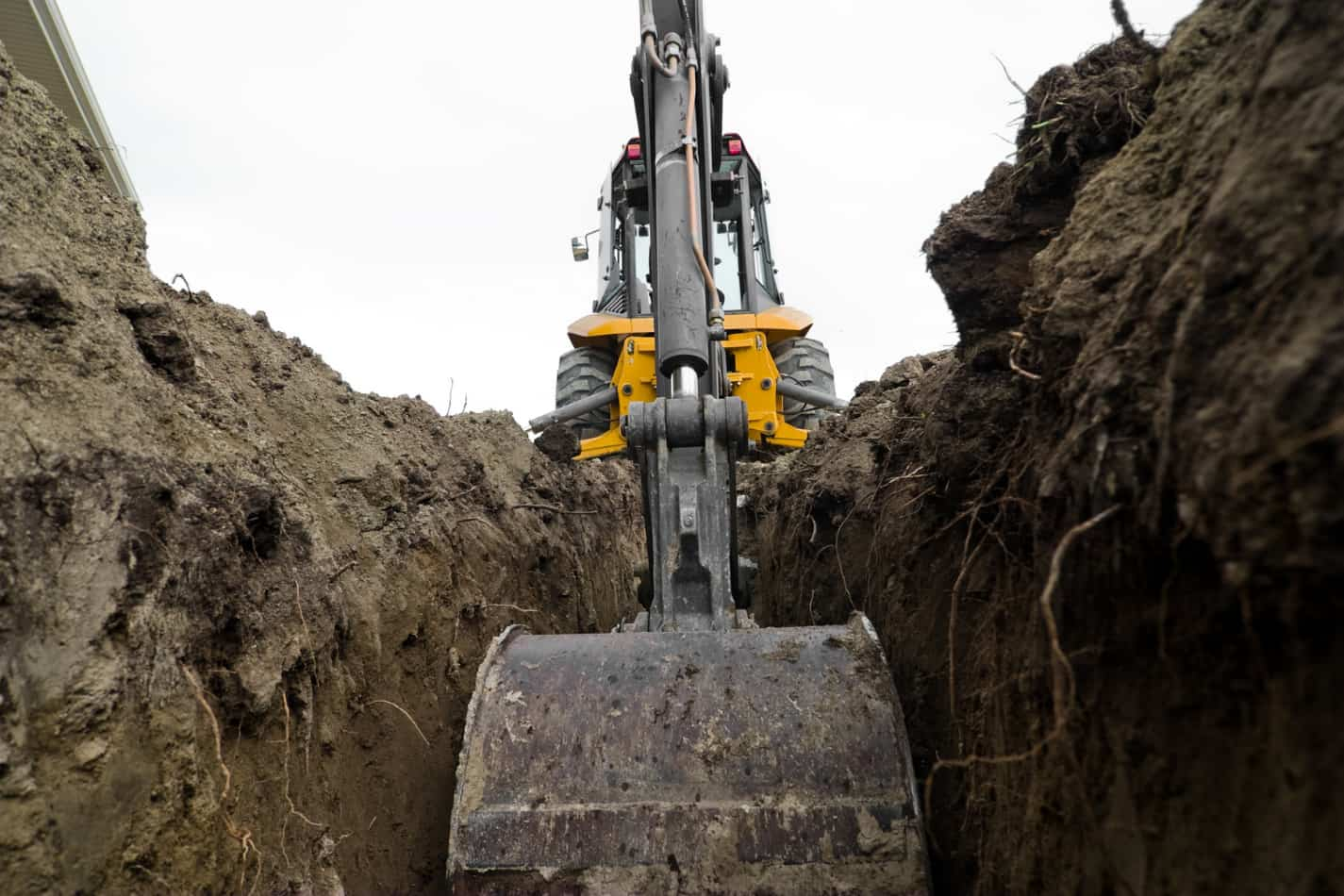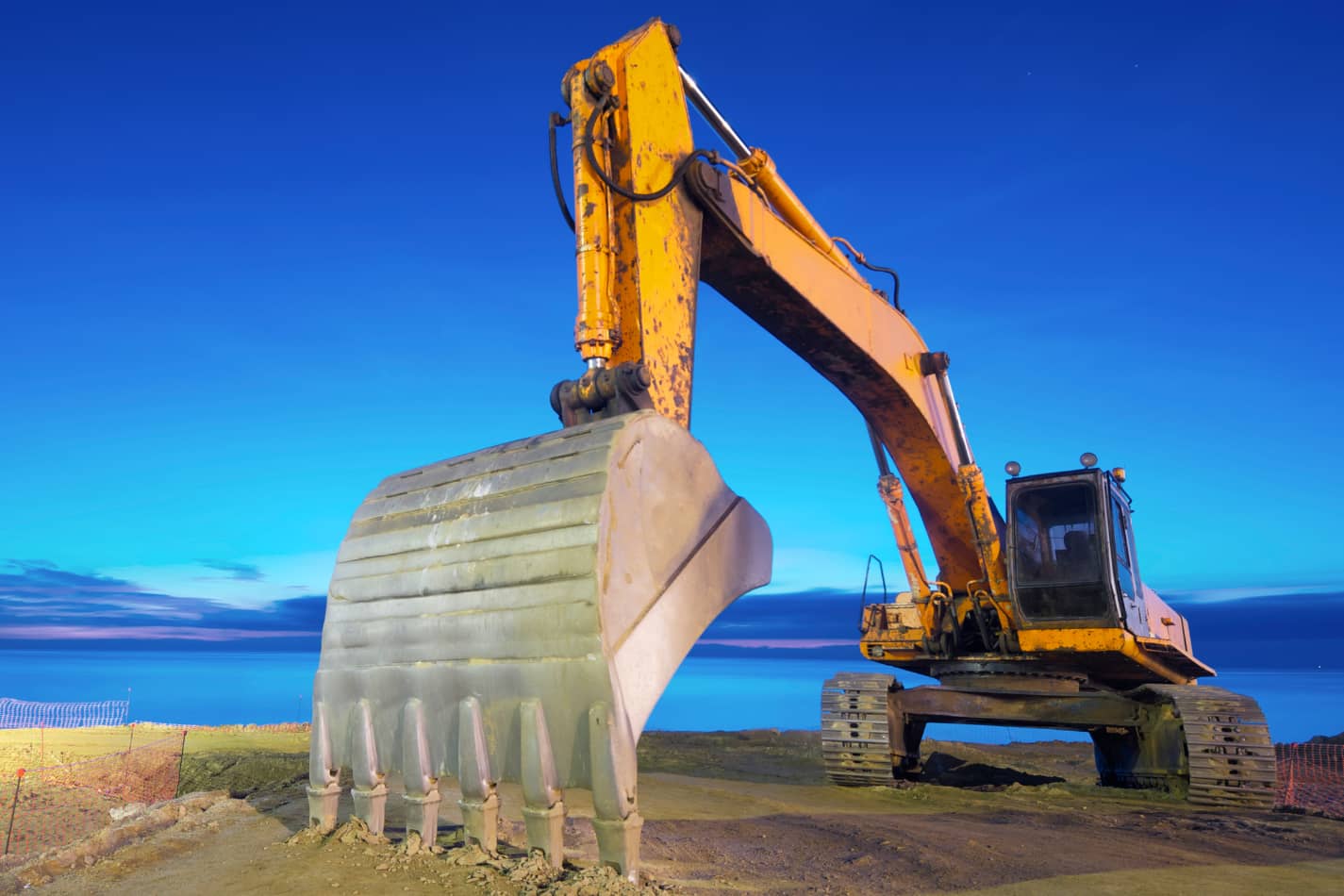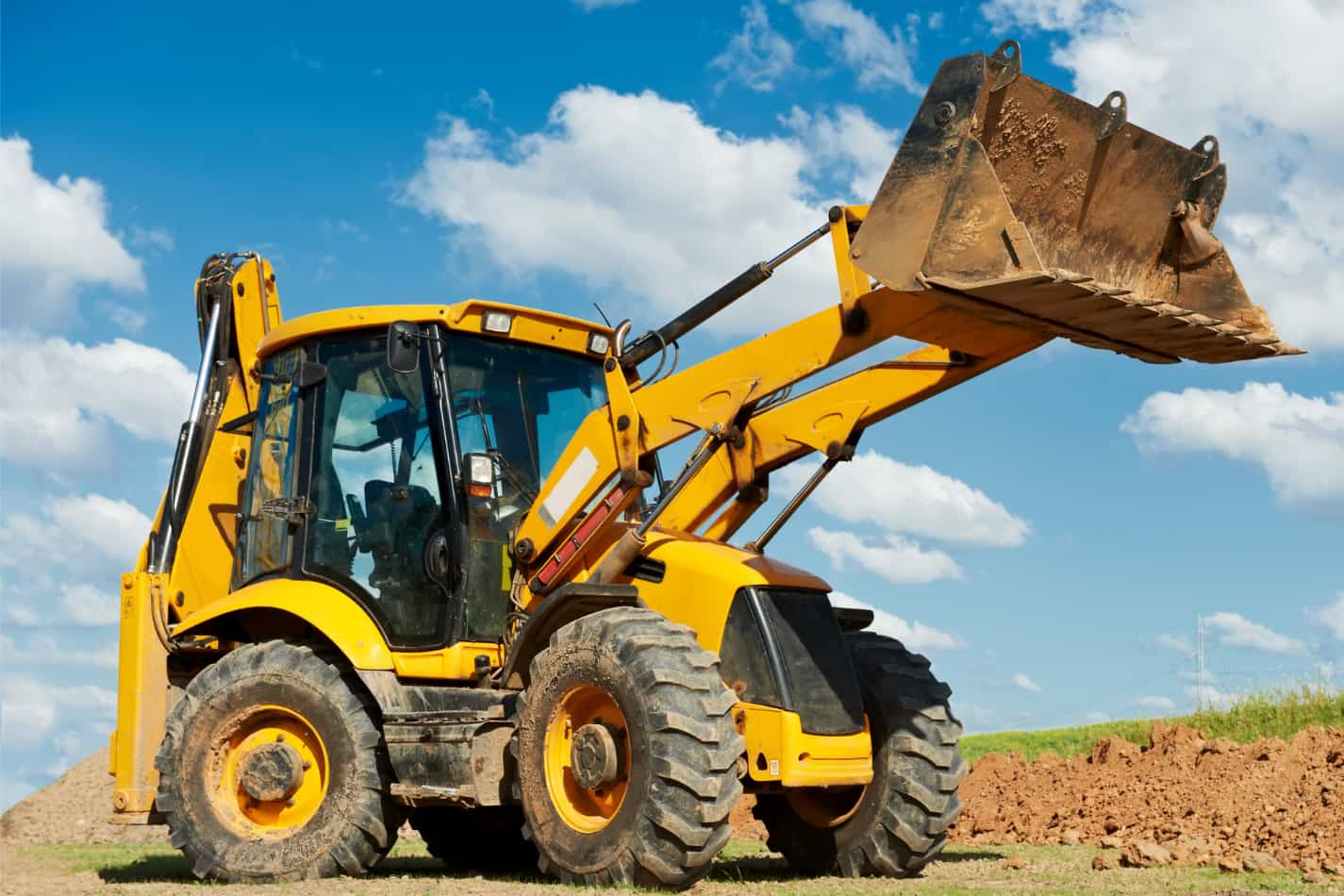Contractors typically rely on backhoes to manage various landscaping difficulties and expedite excavation operations.
While specific construction industry sectors are beginning to show improvement, some businesses will be more cautious in investing in fleet expansion until projects begin to outstrip productivity.
Backhoe loaders are a single piece of equipment that can do various duties, making them a must-have in construction.
However, for smaller businesses and those “getting started,” renting a backhoe may provide a superior return on investment until new jobs begin to support the expense of fully acquiring one.
This begs the question, what is the cost of renting a backhoe for temporary use?
Renting a backhoe will often cost between $200 and $500 per day. However, the cost of renting a backhoe is determined by the size, horsepower, and time required to finish your project.
Continue reading to learn more!

How much does it cost to rent a backhoe?
You may rent a backhoe daily, weekly, or monthly a backhoe rental costs between $200 and $500 per day on average. Otherwise, the cost of renting a backhoe ranges from $600 to $1,500 per week and $2,000 to $3,000 per month.
Consequently, renting a backhoe for six days might cost the same as paying monthly charges. You can definitely understand why purchasing one is cheaper in the long run!
How much does it cost per hour to rent a backhoe?
A backhoe rental without an operator/driver will typically cost $30-$50. You’ll have to pay a lot more if you want to employ a professional operator to run the equipment.
Backhoes are only rented to clients that provide a qualified operator.
Factors that affect the price of a backhoe rental.
Not all rental properties are priced the same. Some elements have a huge impact on your renting strategy.
- It is always demanded that you place a deposit on the equipment up-front in case of extreme damage, even though you will later get this money returned. In addition, depending on your credit score, you may be required to pay a downpayment on the anticipated rental cost. Deposits typically vary from $500 to $1,500.
- Rental Fees for Operators: You can either furnish your own operator or hire one from the rental provider. However, whoever runs the backhoe must be well-versed in its operation. If you don’t have any expertise with backhoe operators, it’s usually best to go with the ‘backhoe rental with operator’ option.
- Some services factor in the cost of transportation for local visits within a specific radius when calculating the hire price. Outside of the local radius, the cost per mile is higher. Other firms, on the other hand, charge for transportation separately.
- Depending on the attachments you choose, a backhoe may do various tasks. A drill for drilling fence post holes, a concrete breaking drill, a compaction wheel, and a snowplow are among the tools offered. All of this adds to the initial rental price. You can also select different front and rear bucket widths, which affects the cost of renting a backhoe.
- Coverage: You must normally insure the machine as part of the rental agreement to cover any damage. Damage waiver is usually between 10% and 15% of the total cost.
- Backhoes are expected to get dirty since they work in muddy or dusty areas. Although a limited amount of dirt is unavoidable, suppliers expect their equipment to be returned in the same condition as it was obtained. You should anticipate spending $30 to $70 per hour if the service needs to clear extra soil from the buckets or tires.
When should I go for backhoe rentals?
Backhoe rentals are ideal for a small tractor to do landscaping work fast. For example, you may shift stumps and dirt effortlessly or rapidly construct a digging hole of the ideal depth for tree planting.
Excavation for a foundation or basement is doable using a compact tractor equipped with a backhoe.
What are the benefits of renting a backhoe?
Choosing to rent a backhoe loader over purchasing and owing has several advantages, including the following:
- Latest technology: When you rent, you can select among some of the most cutting-edge models available. This means you’ll have access to cutting-edge technology and features that boost efficiency and productivity while being more environmentally friendly.
- Tax breaks: Rental charges are typically deductible as company expenses, further lowering overall costs.
- Zero upkeep costs: You must pay for its care and maintenance when you own equipment. On the other hand, renting generally includes provisions for any necessary maintenance or repairs. Check your rental agreement for details on what is included.
- Temporary use: You may only require equipment for a single application or a brief period. In this instance, owning a backhoe loader makes more sense, but renting allows you to utilize the equipment for as long as you need it at a lesser cost than buying.
Tips on how to select a backhoe for rentals.
Because of their diverse capacities, selecting the best backhoe for your needs necessitates carefully evaluating some parameters. Among these are the following points;
Digging Depth
How far do you need to go? Small backhoe loaders normally dig between 7 and 10 feet, but a full-size backhoe may dig 14 feet.
Width of the Rear Bucket
The width of your back bucket will significantly influence your total output. Smaller 12-inch-wide buckets contain 2.5 cubic feet of capacity and can hold 250 pounds on average, but bigger 60-inch-wide buckets can hold 20 cubic feet of material and up to 670 pounds on average.
Operating weight
If you want to have the least influence on the environment at your job site, a lighter-weight backhoe loader is a way to go. If you don’t mind leaving footprints, a model with a higher weight rating will suffice.
Conclusion
To conclude, Backhoe loaders are fundamental and adaptable machines in great demand in the agriculture, construction, and landscaping industries.
If you need a backhoe loader but do not have plans to use it long-term, renting is the best option.
Thanks for reading to the end.
Frequently Asked Questions
What size backhoe do I need?
Typically, the scope of your task will determine the size of the backhoe you’ll need to complete the job.
You’ll need a backhoe with the appropriate horsepower to do the job and the ability to dig as far as you need to.
Do I need a backhoe attachment?
Backhoes are used for more than merely excavating. They may be equipped with several accessories that allow you to compact or break up the soil, move snow, and break up the ice.
Tampers, augers, hammers, rippers, grapples, and thumbs — which function as a human thumb to grip things such as debris for removal and loading — are among the attachments available.
Should I use a backhoe or an excavator?
Excavators are ideal for operations that demand more machine force, such as demolition, whereas backhoes are ideal for small to moderate-sized projects.
Backhoes are easier to carry than excavators since they are smaller, and because they have tires rather than tracks, they can even be driven at speeds of up to 25 mph on roadways.
An excavator is more likely to be required if your job is large and requires a lot of power.
Do I need a license to operate a backhoe?
It is not necessary to have a backhoe license. On the other hand, operators should be instructed on how to utilize the equipment safely.
The operator must have a commercial driver’s license to carry the backhoe from one job site to another.
Heavy machinery certification classes are available to assist operators in improving their abilities.





